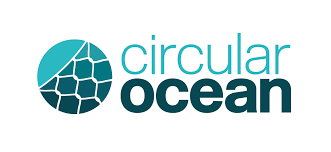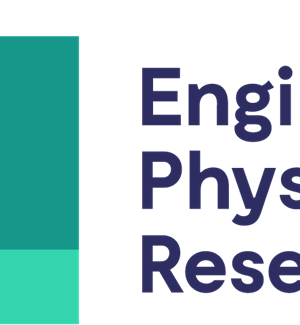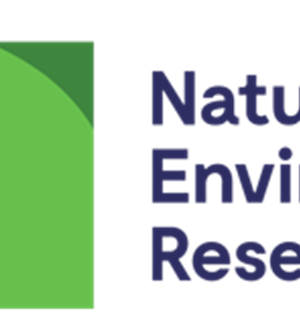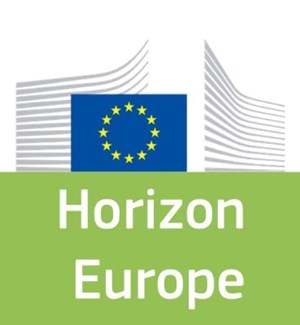- University for the Creative Arts - United Kingdom,
- Technical University Denmark (Arctic Technology Center) - Greenland,
- Norges Teknisk-Naturvitenskapelige Universitet (NTNU) - Norway,
- Macroom E Enterprise Centre - Ireland
In pursuit of new innovative and sustainable approaches towards the processing, recycling and repurposing of marine plastic waste, the Circular Ocean project will develop, share and test new solutions and opportunities among northern European and Arctic regions. Circular Ocean will benefit remote, coastal regions by developing green economies using waste resources, driving eco-innovation, generating efficient and environmentally responsible businesses, and diminishing levels of marine litter. The relentless increase of marine litter is particularly pertinent to countries of the NPA region, which currently have limited business opportunities and associated supply chains. In addition to and parallel with the focus on reducing fishing nets as marine waste, the project will look for possible synergies for eliminating, collecting, reprocessing and creating new value out of discarded fishing nets and other marine waste in the countries of the Northern Periphery and Arctic Region. The Circular Ocean project will promote social enterprises that can benefit from the circular economy, and assist coastal and rural communities in the development of new sources of livelihood, while reducing marine waste and enhancing the quality of life in the region, and developing best practice which can be applied to the rest of Europe. Circular Ocean seeks to empower communities and entrepreneurs in remote and rural areas to develop novel and robust business opportunities that are environmentally sustainable and enhance income generation and retention within local regions.
Want to analyze based on this project via our analysis tool? Analyze this project
Knowledge Gaps
Environmental exposure
Commercial-related uncertainties
Degradation
Environmental risk assessment (ERA)
Environmental effects and ecotoxicity





